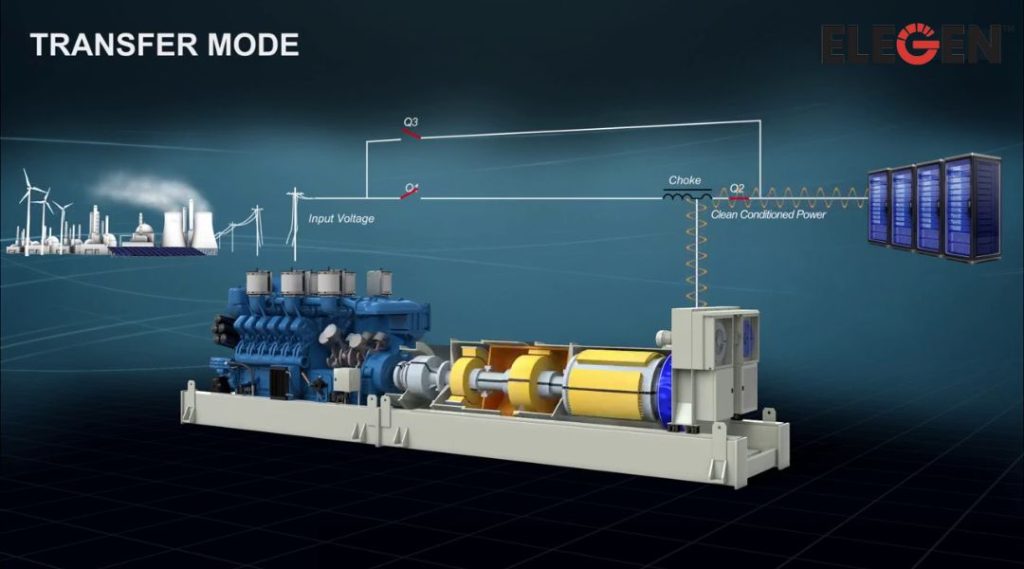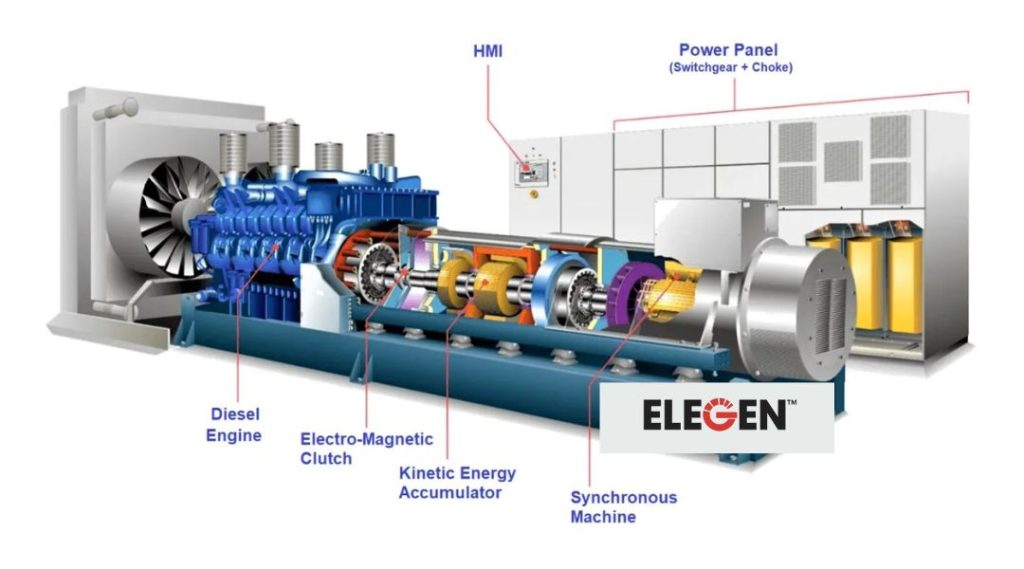Power outages, voltage fluctuations, and unexpected surges can disrupt operations and damage critical equipment. That’s where a UPS system comes in. But what exactly is a UPS uninterruptible power system, and why is it essential for businesses?
Understanding the Basics of a UPS System
A UPS (Uninterruptible Power Supply) is a backup power device that ensures uninterrupted electricity to connected equipment during power disturbances. Unlike standby generators, a UPS system switches to backup power almost instantly, protecting sensitive electronics from voltage sags, surges, and blackouts.
Designed to bridge the gap between an outage and the restoration of primary power, UPS systems are vital in environments where even a second of downtime can result in significant losses.
Types of UPS Systems
Not all backup UPS systems are created equal. Depending on your needs, you might require one of the following types:
1. Offline/Standby UPS
- Cost-effective and ideal for small offices and personal setups.
- Switches to battery power during outages with a brief interruption (6-8 milliseconds).
- Protects against minor power fluctuations and voltage spikes.
2. Line Interactive UPS
- Offers improved protection with voltage regulation.
- Suitable for environments needing consistent power conditioning, such as retail stores and smaller data centres.
3. Online Double Conversion UPS
- The gold standard for power protection.
- Converts incoming AC power to DC and back to AC, ensuring zero interruptions.
- Ideal for large-scale operations like data centres, industrial factories, and corporate headquarters.
Why Businesses Need a UPS System
Commercial power grids are prone to instability. Factors such as brownouts, voltage sags, and complete outages can pose severe risks. A UPS uninterruptible power system mitigates these risks by providing:
- Continuous Operations: Keeps systems running during brief outages or until generators activate.
- Data Protection: Prevents data loss by allowing for safe shutdowns.
- Equipment Longevity: Guards sensitive electronics from harmful power fluctuations.
For industries like FMCG factories, mining operations, and shopping centres, a backup UPS system is an investment in continuity and reliability.

Key Features to Look for in a UPS System
Choosing the right UPS system involves evaluating your business needs. Here are essential features to consider:
- Battery Runtime: Ensure adequate backup time based on your operations.
- Scalability: Centralised systems work well for larger infrastructures, while distributed systems may suit smaller setups.
- Redundancy: Adds an extra layer of reliability in case one component fails.
- Harmonic Filtering: Reduces interference caused by other equipment.
Industries That Rely on UPS Systems
Elegen supplies high-quality UPS systems to businesses across Africa. Here are some industries that benefit most:
- Manufacturing & FMCG: Safeguards assembly lines from unexpected halts.
- Data Centres: Protects servers and IT infrastructure.
- Education: Ensures uninterrupted learning in schools and universities.
- Retail & Shopping Centres: Keeps payment systems and lighting operational.
- Mining: Prevents critical equipment from failing during power disruptions.
Advantages of Choosing Elegen
Elegen stands out as one of Africa’s leading providers of backup power solutions. When you invest in an uninterruptible power supply, you gain access to:
- Expert guidance tailored to your industry needs.
- Durable and scalable solutions designed for high performance.
- A commitment to maintaining uptime for mission-critical systems.
Ready to explore your options? Learn more about our UPS system solutions.

FAQs About UPS Systems
1. How long can a UPS system provide backup power?
Backup duration depends on the system’s battery capacity. Smaller units might last 10–15 minutes, while larger models can provide hours of backup.
2. Do I need a generator if I have a UPS system?
For extended outages, pairing a UPS with a standby generator is recommended. A UPS bridges the gap while the generator powers up.
3. What is the difference between offline and online UPS systems?
Offline UPS systems are cost-effective but may experience a brief interruption when switching to battery power. Online UPS systems ensure seamless transitions, making them ideal for sensitive equipment.
Conclusion
Investing in a UPS uninterruptible power system is essential for modern businesses. Whether you’re safeguarding IT infrastructure or ensuring smooth industrial operations, the right UPS solution makes all the difference.Elegen’s expertise in backup UPS systems ensures you get tailored, reliable solutions to meet your specific requirements. Contact us today to find out how we can help you stay powered through any challenge.
